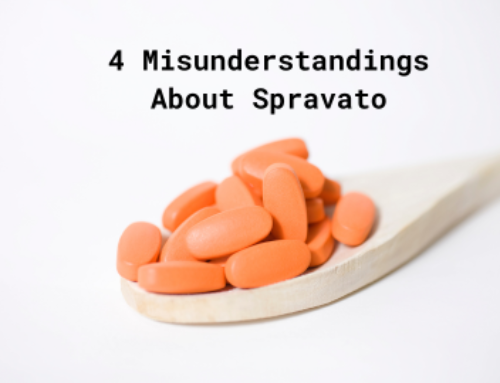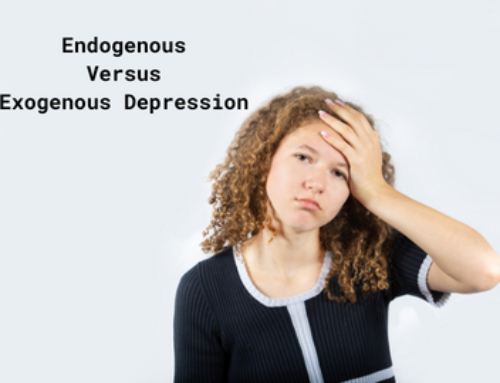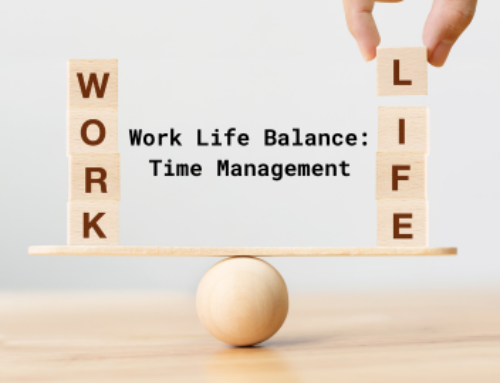What Is SAD?
Seasonal Affective Disorder (SAD) is a seasonal mood disorder associated with the turn of the seasons, typically beginning in fall through early spring, that affects millions across the world. Long before the advent of modern psychology, countless cultures through time have acknowledged mood difficulties adjusting to the changing of the seasons.
Why does seasonal affective disorder exists? We can’t point to one reason, but SAD is a reactive disorder correlated with:
- Disruption to people’s circadian rhythms, resulting in sleep disturbances and feelings of disorientation.
- Effects on hormones and neurotransmitters, methods by which the brain communicates with itself and the rest of the body.
- Lack of light and vitamin D, which is associated with physical and mental fatigue.
- Social isolation and/or limited surroundings from periods of inclement weather.
What Are the Symptoms of SAD?
Seasonal affective disorder is highly similar to a mild to moderate state of a general depressive disorder. Sufferers report:
- Feeling physically tired.
- A feeling of inescapable boredom.
- Feelings of restlessness.
- Feelings of despair.
- A state of mild confusion.
Sad or SAD?
Seasonal affective disorder does mimic other types of depressive disorders in many aspects, but the important difference is that SAD is seasonal. It is commonly associated with winter, particularly dark, cold, long winters. However, one can suffer from SAD in the summer, e.g. if heat and bright light don’t agree with you. The symptoms are close to the exact opposite of wintertime SAD—insomnia, restlessness, anxiety, angry moods, feelings of instability.
What to Do About SAD
Never hesitate to reach out to us if you need help. Any kind of depression limits our enjoyment of life and deserves care. Research is ongoing on the best ways to ease seasonal affective disorder. Many people report positive results with tools and practices like these:
- Light therapy boxes emit light that mimics the outdoors.
- Dawn simulators let you wake up to natural-looking light and/or early morning sounds.
- Talk to your doctor. They know your history and will have local and remote treatment recommendations.
- Use the safest methods available to you to stay active and go outside.
- Be regular with your sleeping schedule if possible.
- Get enough vitamins through your diet but use supplements if necessary. Always check with your doctor first.





